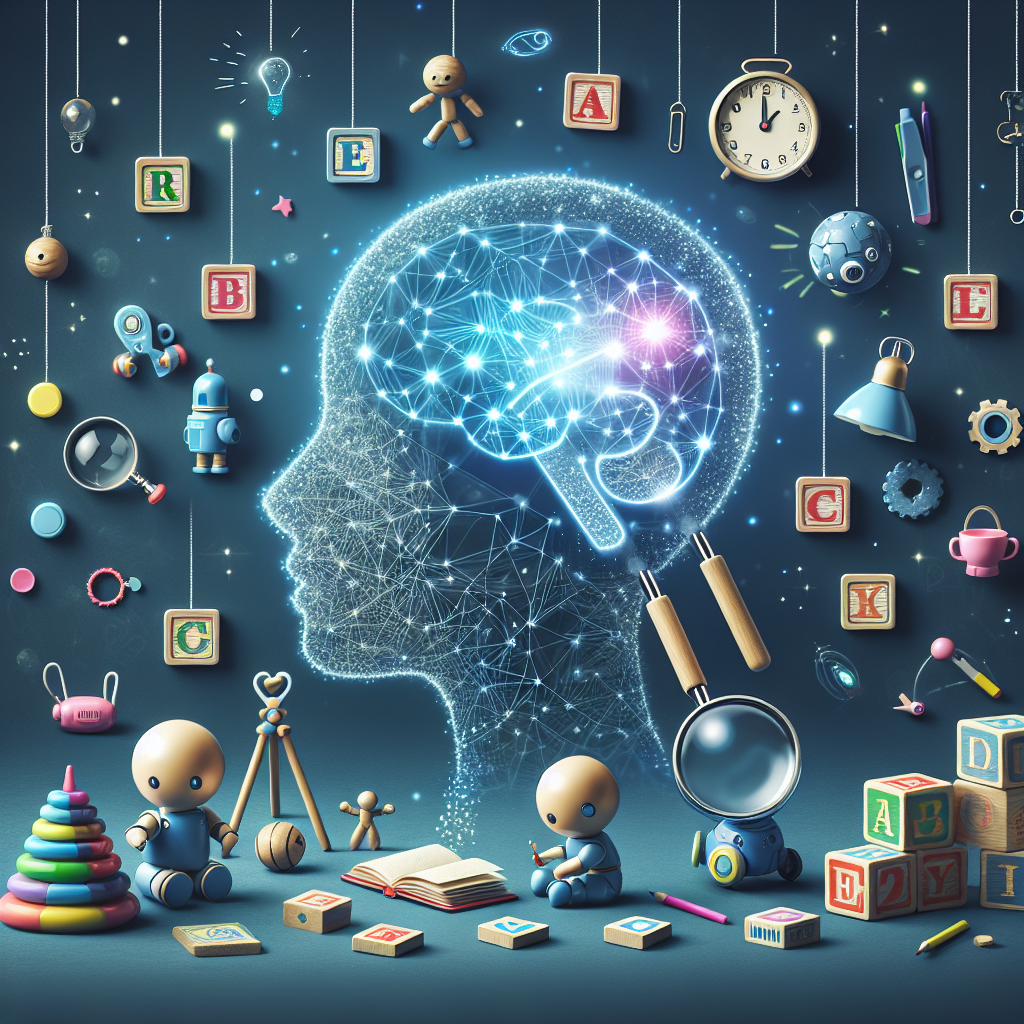Artificial Intelligence (AI) has rapidly become a prominent technology in various industries, from healthcare to finance to retail. One area that is increasingly seeing the potential of AI is in early childhood education. AI has the ability to revolutionize the way children learn and grow, providing personalized and adaptive learning experiences that cater to each child’s individual needs and strengths.
AI in early childhood education can take many forms, from educational apps and games to virtual tutors and personalized learning platforms. These tools can help teachers better understand the needs of their students, provide real-time feedback, and create engaging and interactive learning experiences that foster creativity, critical thinking, and problem-solving skills.
One of the key benefits of AI in early childhood education is its ability to provide personalized learning experiences. Every child is unique, with different learning styles, strengths, and weaknesses. AI can help teachers tailor their lessons to meet the specific needs of each child, providing targeted support and interventions to help them succeed.
Furthermore, AI can also help teachers better track and assess student progress. By analyzing data and patterns in student performance, AI can provide valuable insights into each child’s learning journey, allowing teachers to make informed decisions about their teaching strategies and interventions.
Another advantage of AI in early childhood education is its ability to provide real-time feedback. Instead of waiting for formal assessments or test results, teachers can use AI tools to monitor student progress on a day-to-day basis, providing immediate feedback and support to help children stay on track and reach their full potential.
Additionally, AI can also help bridge the gap between home and school learning. With the rise of remote learning and virtual classrooms, AI tools can provide parents with insights into their child’s progress, allowing them to better support their learning at home and stay connected with their child’s education.
Despite the many benefits of AI in early childhood education, there are also some challenges and concerns that need to be addressed. One of the main concerns is the potential for AI to replace human teachers. While AI can provide valuable support and tools for teachers, it is important to remember that human interaction and connection are essential for a child’s development. AI should be seen as a tool to enhance, not replace, the role of teachers in the classroom.
Another concern is the issue of data privacy and security. AI tools collect and analyze vast amounts of data on students, which raises concerns about how this data is stored, used, and protected. It is crucial for educators and policymakers to establish clear guidelines and protocols to ensure that student data is kept safe and secure.
In conclusion, AI has the potential to transform early childhood education by providing personalized learning experiences, real-time feedback, and bridging the gap between home and school learning. While there are challenges and concerns that need to be addressed, the benefits of AI in early childhood education are clear. By leveraging the power of AI, we can create a more engaging, interactive, and effective learning environment for young children, helping them develop the skills and knowledge they need to succeed in the 21st century.
FAQs:
Q: How can AI be used in early childhood education?
A: AI can be used in early childhood education in various ways, such as educational apps and games, virtual tutors, personalized learning platforms, and real-time feedback systems.
Q: What are the benefits of using AI in early childhood education?
A: The benefits of using AI in early childhood education include personalized learning experiences, real-time feedback, improved student progress tracking, and bridging the gap between home and school learning.
Q: What are some concerns about using AI in early childhood education?
A: Some concerns about using AI in early childhood education include the potential for AI to replace human teachers, data privacy and security issues, and the need for clear guidelines and protocols for using student data.
Q: How can educators and policymakers address the challenges of using AI in early childhood education?
A: Educators and policymakers can address the challenges of using AI in early childhood education by establishing clear guidelines and protocols for using student data, ensuring that AI tools enhance, not replace, the role of teachers, and prioritizing human interaction and connection in the learning process.

